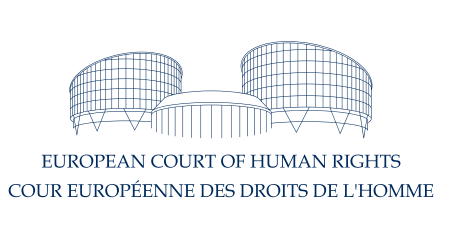On 11 June 2019, the ECtHR published its ruling in the case of Ozdil and others v. Moldova (application no. 42305/18). The five applicants, Turkish nationals who were resident in Moldova, alleged that they had been unlawfully deprived of their liberty and extradited to Turkey contrary to Articles 5 § 1 and 8 of the Convention and Article 1 of Protocol No. 7.
The applicants, Turkish nationals, were teachers in a private chain of schools in Moldova. Following public statements by the Turkish authorities describing the schools as related to the Fetullah Gülen movement, allegedly responsible for the attempted coup in Turkey in 2016, and the teachers as terrorists, the applicants applied for asylum. Before they received decisions, they were arrested and transferred on the same morning by chartered plane to Turkey. Their families received the rejections of their asylum claims on grounds of national security days later and only subsequently learned that the applicants were in Turkey.
With regard to an alleged violation of Article 5 § 1, the Court reiterated the general principle established in case law that detention is arbitrary where, despite complying with national law, there has been an element of bad faith or deception on the part of the authorities or where the domestic authorities neglected to attempt to apply the relevant legislation correctly. The Court held that in the instant case, the Moldovan authorities not only failed to give the applicants a choice of jurisdiction but also deliberately transferred them directly to the Turkish authorities. It further found that the material indicated that the arrests were planned in advance and that they occurred in such a manner as to take the applicants by surprise. The Court found that the applicants’ deprivation of liberty on 6 September 2018 was neither lawful nor necessary within the meaning of Article 5 § 1 (f), nor devoid of arbitrariness. It held that the applicants were removed from Moldova by way of an extra-legal transfer which circumvented the guarantees offered by domestic and international law.
With regard to an alleged violation of Article 8, the Court recognized the long period of time the applicants had lived in Moldova. It held that their extra-legal transfer and exclusion from Moldovan territory put an end to their integration and radically disrupted their private and family lives. It reiterated the necessary guarantees that should be provided against arbitrariness and emphasized that the domestic courts refused to examine the applicants’ court actions on very formalistic grounds. It found that the interference with their private and family lives was not in accordance with Article 8 of the Convention.

